Frequently Asked Questions
What if Faith Isn't Important to You in Counseling?
Joshua Tree offers counseling by licesned counselors and board certified pastoral counselors to help clients from from hopeless to healing in a comfortable, inviting, and private office setting. We believe that healing IS possible, that hope can be restored and lives and relationships can be changed. Whether you wish to receive Christian-based counseling is up to you. If Christian counseling is important to you, read more about this option.
Do You Have to be a Christian to Receive Counseling at Joshua Tree?
The short answer is no, definitely not! Although we make no secret of the fact that we are a faith-based group practice, what this means is that our Christian faith and beliefs are at the core of each counselor’s identity but not necessarily apart of their counseling practice. We are upfront about who we are because we believe that the identity of your therapist and the practice where you receive services is part of the informed consent process.
If faith isn’t important to you in counseling…
If faith is not a factor you consider to be important in the counseling experience, that’s okay! This means that a pastoral counselor will not be the right fit for you but we have licensed counselors and therapists who can help you! It is unethical for licensed professionals to impose their beliefs upon you but rather to listen to your concerns and collaborate together to form a treatment alliance and plan based on your goals for counseling.

Some more reassurance….
When a counselor or therapist holds a license issued by the Arizona Board of Behavioral Health Examiners (AZBBHE), they are have proven to the Board they have the necessary education and experience to provide psychotherapy. When licensed, a clinician’s faith orientation, specific beliefs, and the application of those beliefs can only be integrated into counseling when it is your preference. The AZBBHE’s mission is to, “establish and maintain standards of qualifications and performance for licensed behavioral health professionals in the fields of counseling, marriage and family therapy, social work and substance abuse counseling and to regulate the practice of licensed behavioral health professionals for protection of the public.” (AZBBHE, 2022)
As licensed professionals, we are also held accountable to an ethical code set forth by the discipline in which we are licensed (counseling, marriage and family therapy, social work). For example, the American Counseling Association (ACA) 2014 Code of Ethics says this about personal values, “Counselors are aware of-and avoid imposing-their own values, attitudes, beliefs, and behaviors. Counselors respect the diversity of clients, trainees, and research participants and seek training in areas in which they are in risk of imposing their values onto clients, especially when the counselor’s values are inconsistent with the client’s goals or are discriminatory in nature. (ACA Code of Ethics, 2014, A.4.b).
How will you therapist know if faith is important to you or not?
During the intake session, your therapist will conduct a biopsychosocial assessment and faith is one life domain we inquire about to know if and what aspect of faith or spirituality has been a part of your story or to which you currently ascribe. This is a great opportunity to share with your therapist what is and isn’t important about faith and spirituality.



